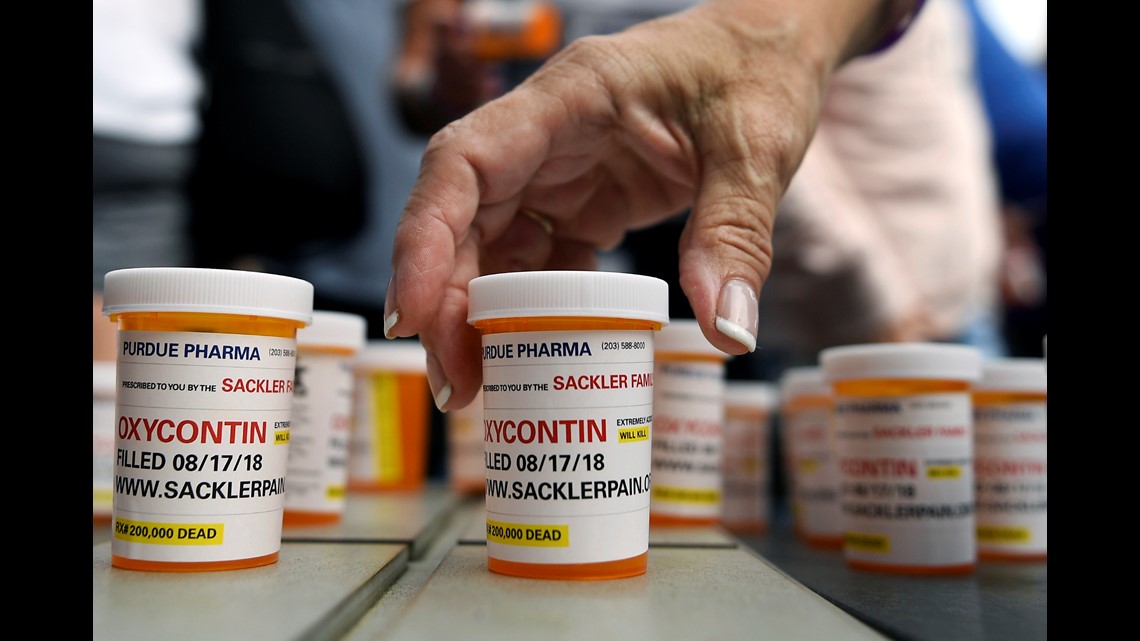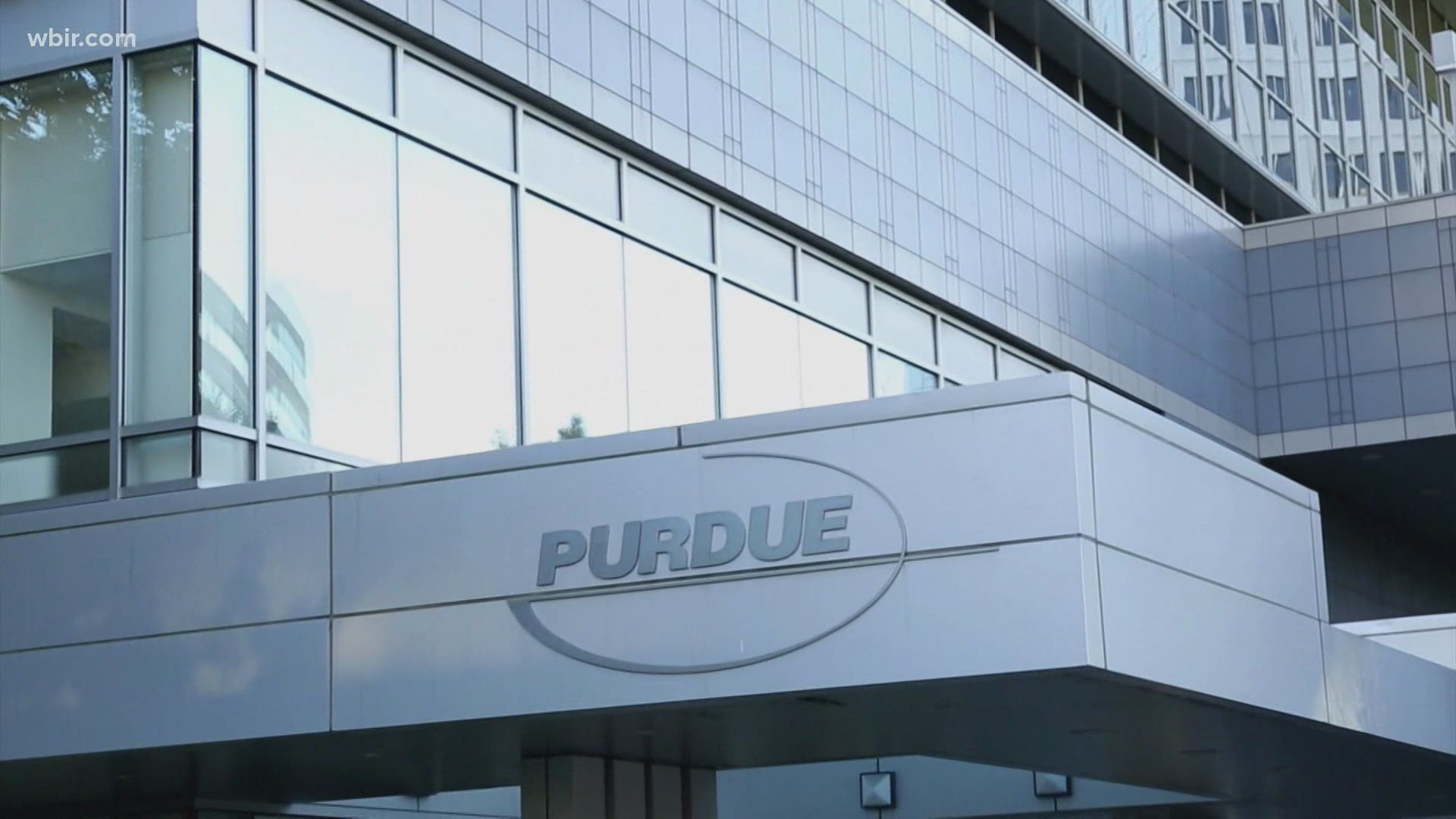TOLEDO, Ohio — Toledo City Council on Tuesday agreed to let the mayor and city law director accept opioid settlement money from Purdue Pharma for the impact the opioid crisis has had on Toledo.
Council members voted unanimously to allow Toledo Mayor Wade Kapszukiewicz and City Law Director Dale Emch to vote in favor of the plan.
Purdue Pharma, maker of OxyContin, filed for bankruptcy in 2019 in the wake of several lawsuits brought against the company, including one from the city of Toledo. A group that represented the plaintiffs as well as some attorneys general and creditors worked out a bankruptcy plan for reorganization with Purdue Pharma representatives.
According to city of Toledo spokesman Ignazio Messina, the city cast a vote in favor of the reorganization plan. Votes are due by Wednesday.
"Ultimately, it will be up to the bankruptcy court. We do not know how much money the city will receive because there are many variables in the formula at this point," Messina said in a statement Tuesday.
The city of Toledo signed on last year to the One Ohio Memorandum of Understanding that provides for a statewide distribution formula designed to address the opioid crisis and its impact on the Toledo community and communities throughout the state. It is anticipated that the money from the plan, if approved by the bankruptcy court, would flow through the One Ohio process, according to language on the city council ordinance.
Earlier this month, Purdue Pharma's plan to reorganize into a new entity got a big boost as 15 states that had previously opposed the new business model ended up voicing their support, the Associated Press reported.
The agreement from multiple state attorneys general, including those who had most aggressively opposed Purdue’s original settlement proposal, was disclosed July 7 in a filing in U.S. Bankruptcy Court in White Plains, N.Y. It followed weeks of intense mediations that resulted in changes to Purdue’s original exit plan.
The new settlement terms call for Purdue to make tens of millions of internal documents public, a step several attorneys general, including those for Massachusetts and New York, had demanded as a way to hold the company accountable.
Attorneys general for both states were among those who agreed to the new plan, joining about half the states that had previously approved it.
Some of the attorneys general who signed on noted that their states are in line to get more money faster to fund drug treatment and prevention.
But they continued to express ire with the company and especially members of the wealthy Sackler family who own the company and have not accepted any blame. “No one is happy with the settlement,” New York Attorney General Letitia James said. “Can the Sacklers do more? Hell yeah, they can do a lot better, but it should first begin with an apology.”
North Carolina Attorney General Josh Stein noted July 8 that the deal includes about $1.5 billion more than it initially did.


In a statement, members of the Sackler family called the support of more states “an important step toward providing substantial resources for people and communities in need.”
The opioid crisis includes overdoses involving prescription drugs as well as illegal ones such as heroin and fentanyl. Purdue’s bankruptcy case is the highest-profile piece of complicated nationwide litigation against drugmakers, distribution companies and pharmacies.
With just nine states and the District of Columbia remaining opposed to the plan, it makes it more likely the federal bankruptcy judge will confirm the deal.
Still, nine states and the District of Columbia did not sign on. One of the holdouts, Washington Attorney General Bob Ferguson complained: “This settlement plan allows the Sacklers to walk away as billionaires with a legal shield for life.”

